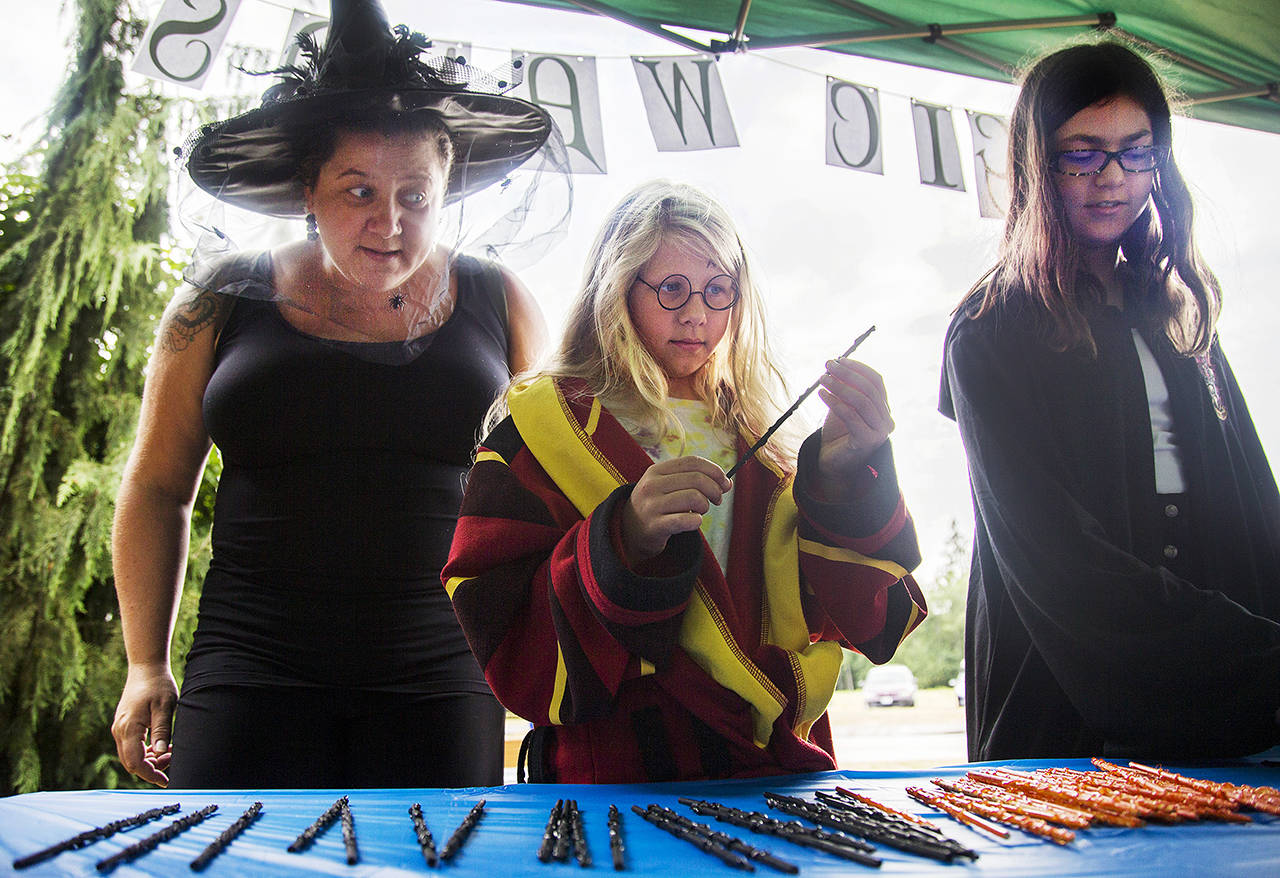The Conversation
Already 62 percent of parents believe their children are behind in learning, according to a survey conducted by the National PTA and Learning Heroes.
The transition from in-person to remote learning in 2020 has disrupted students’ academic work. The Conversation assembled a panel of academics to talk about how summer schools should be supporting students this year. Here, five experts explain what summer school does, and why it may look very different this year.
Does voluntary summer school work?
Kathleen Lynch, assistant professor of learning sciences, University of Connecticut: Summer school programs help children get better at both reading and mathematics. Students who attend summer school tend to have higher test scores than those who don’t, which means that offering voluntary summer programs is likely to help students catch up from pandemic-related learning slowdowns. And summer learning programs may also improve outcomes beyond test scores, such as by helping students to recover course credits.
Summer learning programs work best when the reading instruction uses research-based strategies such as guided oral reading and modeling approaches to reading comprehension, and when daily time is given to math.
Sports, extracurricular clubs and field trips can improve attendance at summer school programs; a necessary ingredient for learning.
Summer programs can and should also create hands-on learning activities to build personal and social skills that will help children during the school year. For example, one summer program, in which students in Baltimore worked in teams to build robots while also learning math, improved school attendance during the following academic year.
What should summer school look like after a year of the pandemic?
Roberta Golinkoff, professor of education, University of Delaware; Kathy Hirsh-Pasek, professor of psychology, Temple University and the Brookings Institution; Naomi Polinsky, doctoral candidate in cognitive psychology, Northwestern University: Summer school is the perfect time to return joy to classrooms with educational games, physical activity and inviting children to talk and participate. This year in particular, it’s a chance to reimagine what the regular school year will look like, and make sure it meets kids’ academic and social needs after many months of the pandemic.
Blending the fun of summer camp with summer school allows us to put the best science to work for children; and teachers. Playful learning that is active, engaging, meaningful, socially interactive and fun can reignite a love of learning along with promoting strong teacher-student relationships.
The Department of Education is aligned with this vision of what summer school can be for children: an active and interactive experience that enriches 21st-century skills like collaboration, communication, content, critical thinking, creative innovation and confidence, or the “6Cs.” When children work together to figure out which butterflies are native, they are engaging in collaboration, communication and content. When they investigate whether a moth is the same as a butterfly, they are using critical thinking. And when they present their findings to the class, they are using creative innovation and building their confidence.
Summer school can have a rich curriculum and still cultivate the skills that children will need to succeed in a world where knowing how to solve problems, beyond just knowing the answer, is of critical importance. Indeed, children learn best when they are actively engaged with the material.
When material to be learned is meaningful and linked to children’s lives, it is also easier to learn. And children love to be socially interactive and learn with their peers. Learning should be iterative so it can be revisited and tied in with new learning. These learning principles increase children’s learning by increasing their agency and making the learning “stick.”
What challenges will summer school teachers face this year?
Raphael Travis Jr., professor of social work, Texas State University: Teachers may not be prepared to address the social and emotional needs of children, needs that have always existed but will play an important role this summer if children are to attend summer school.
In summer programming meant to support the social and emotional needs of youth, the phenomenon of “summer strain” was introduced to highlight the student stress and mental health concerns that continue to affect student lives throughout the summer, without the added buffer of school structure and support. This contrasts with the idea of summer slide or summer slump, which focuses on perceived academic losses during summer months.
One strategy using hip-hop culture allows youths to shape the direction of activities by exploring, researching and processing emotional themes of importance to them, such as strained relationships or overcoming life challenges. Next, they are able to make music that discusses these themes and possible solutions, for themselves or for others.
Of course, the circumstances that produce summer strain have occurred on an even larger scale during the covid-19 pandemic. This includes reduced activity, loneliness and social isolation, family stress, and limited
Health care claims for teenagers increased substantially between April 2019 and April 2020, reflecting significant increases in anxiety, depression and substance use disorders. Girls, LGBTQ-plus youth and children from minority racial or ethnic groups have been particularly affected.
I believe we must take meaningful steps to refocus summer school programs beyond academics to address these challenges.
This article is republished from The Conversation under a Creative Commons license.
Talk to us
> Give us your news tips.
> Send us a letter to the editor.
> More Herald contact information.

























